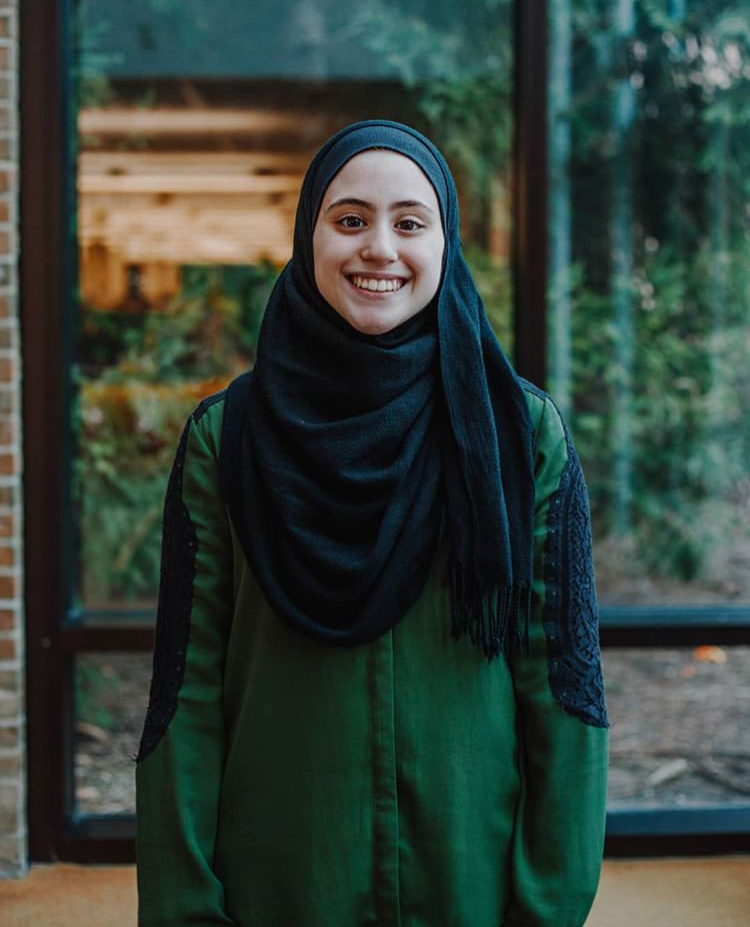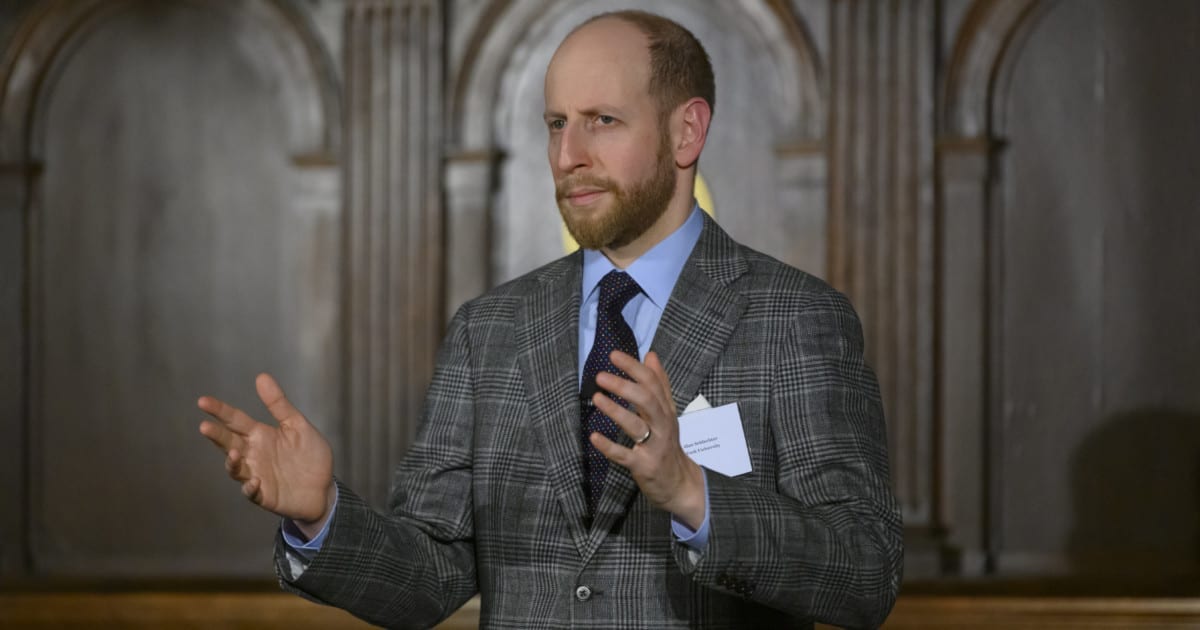The previous year has put a strain on college students across the country, as they juggle new responsibilities and an entirely new learning environment. These experiences have produced historic deteriorations in their mental wellbeing. During the past year, the University of Michigan-Dearborn, where I am enrolled, has used a hybrid model but primarily operated in a virtual setting.
UM-Dearborn is uniquely explicit in their aim to support students from various backgrounds: 28 percent of students are students of color, 42 percent are pell-grant-eligible, and “nearly every student at UM-Dearborn works while managing a full course load, family obligations, and multiple on-campus activities and organizations,” according to the UM-Dearborn website. Even still, many students that the university strives to support are struggling in various ways during distanced learning. After almost a year of virtual classes, students at UM-Dearborn are still overwhelmed by their academic workloads. The lack of effective institutional support amid pandemic disruptions has led to students struggling with their academics and mental health, and, in some cases, dropping out or delaying graduation.

Amanda Saleh
Many students have found it difficult to adjust to the virtual learning model, with little to no feedback from their professors and peers. Those with learning challenges have faced even more struggles in the switch.
“Being at home is a totally different demon than being out and about, because you’re kind of just with yourself,” said Nia Mays, a former engineering student who transferred out of UM-Dearborn this past semester, due to the academic workload. “You have to be your biggest motivator and your biggest cheerleader.”
“It seems like everyone should have had enough time to prepare for virtual learning, but I’m still finding that I’m teaching myself and pulling my own resources, and I’m not getting the help that I need,” continued Mays.
Brigit Bradakis, a senior and student leader on campus, has found it difficult to find learning methods that work for her in the new environment. “I recently learned that I more than likely have ADHD, and so the switch to virtual learning has been extremely difficult, because it isn’t something which I have experience with,” she stated. “The other aspect is that for the last decade or so, the methods which I have used to learn – the methods which work with my ADHD – aren’t possible with remote learning. And they aren’t possible with the situation I am in, unable to leave my house, due to medical concerns and the virus.”
Some staff members on campus, such as staff in Counseling and Psychological Services (CAPS), understand the stressors that students are facing. “Remote learning and the associated workload can feel and be very different from in-person courses,” stated Sara Byczek, Director of CAPS. “Expecting ourselves to function the same as we did before COVID-19 became a part of our lives can cause students a lot of additional stress.”
During the pandemic, many students are also facing new pressures and responsibilities outside of their academics, from financial difficulties to family obligations.
Bradakis has a similar experience, feeling stuck and alone during the pandemic. “I am heavily disconnected from the outside world, and that has negatively impacted my mental health. Add in my academic workload and the fact that I am currently working two jobs on campus, I have never felt so exhausted, mentally, emotionally, and physically,” she stated.“I live with abusive family members, have no ability to get a job since I take care of my infant cousin full-time, and I am usually the only person in charge of keeping up with house duties,” stated Kaylee Ryan, a junior majoring in behavioral sciences, who is also a mental health and wellness peer mentor and the president of PRIDE on campus. “I can’t make any money to move out, and I still don’t have a license, so I don’t have a way to drive to campus to utilize the study spaces the university so gracefully offers. So I’m doing junior-level classes at home, which is a horrible work environment, and trying to keep myself together.”
Students are feeling challenged by the blurred boundaries between new and different responsibilities, both academic and personal. “When you drive to school, you’re there to learn. But at home, you’re also dealing with a lot of your own personal issues that are conflicting with you also trying to get a good education,” said Mays.
Faculty responses to the new reality have been mixed, students say, and variability in workload expectations and accommodations is common.
“That fall [semester] going into winter was really the thing that was like ‘okay, I can’t continue to do as much work as I’m doing’….I can’t maintain that. So, that point was, like, the breaking point [for me],” said Mays. She now attends Western Governors University, an online university that uses a competency-based learning model, where she is majoring in cybersecurity and information assurance. She is also receiving much more help and guidance from her professors.
Mays left UM-Dearborn, all while facing job loss, homelessness, and previously living with family members who are at high risk of contracting COVID-19. And she is not the only student who works hard to balance various responsibilities and hardships while learning virtually.
Other obstacles that students have been facing include lack of time, professor expectations, and inadequate breaks throughout the semester.
“My biggest obstacle has been time. The workload this year is ridiculous and has impacted me in so many ways,” stated Ryan.
Bradakis highlighted her perspective on the role that professors are playing. “The biggest obstacles have all been surrounding the change in expectations that professors have for us as well as the lack of actual time off for our wellbeing. Two days [for the well-being break] is fine in theory, but so many professors just worked around it, and the week before and after those two days was packed with exams, homework, and other due dates,” said Bradakis.
She also believes that some professors have “agreed that we [students] are all trying to cheat; and so they have been giving us harder and harder work, which is impossible to do unless you are only a full-time student and neurotypical.”
“Some [professors] have been better at accommodating in general, but there are several who are purposefully making things harder, because last semester, their students did better than they thought they should be,” said Bradakis. “My classes last semester were not nearly this hard, even with five of them…My grades are not nearly where I want them to be, despite me putting in as much effort as I possibly can into them.”
As some professors have not been accommodating, others have been listening to students, showing compassion, and taking action.
“I try to be flexible and offer students many different ways to participate,” said Amy Brainer, an associate professor of women’s and gender studies and coordinator of LGBTQ+ studies. “Some students need more structure right now, and some need less. I don’t think there can be a one- size-fits-all syllabus for virtual learning in a pandemic.”
Given the various concerns, campus administration has been in close communication with faculty and staff. “Faculty were very aware and encouraged to be flexible and understanding, without compromising the students’ academic experience. The change in modalities proved a challenge to both students and faculty,” stated Susan Alcock, UM-Dearborn’s Provost and Executive Vice Chancellor for Academic Affairs.
Alcock said that through student surveys, the school found that students were very grateful for the flexibility and innovation spearheaded by faculty, the Office of Student Life, ITS, and the [Mardigian] Library.
Overall, students, faculty, and staff have noticed the lasting significance that the pandemic has had, and will have, on people’s lives. They are recognizing the existence of a new normal, and what that new normal will potentially look like.
“I think it’s incredibly important to remember that this year and the trauma of the pandemic will not simply disappear,” stated Brainer. “People have suffered unimaginable losses. These are a part of them now. Many are in a much worse financial situation than they were 12 months ago. Some are dealing with chronic health issues from long-term covid. We should resist the urge to get back to “business as usual” and instead support students in processing and integrating all that has happened.”
Mays agrees, saying, “I hope that the pandemic, if anything else, shows people how difficult it can be to get over certain hurdles, and hopefully have a little more compassion and empathy for people. The same support and lenience that you would give in-person, you should expect to give, and give if not more, to students online…Not having everything that you need and still running with the best of them is not easy; and I think that, if anything, this should show people that it’s not easy when you have weights around your ankles. And to just give a little more lenience.”
Amanda Saleh is a 2021 MCI Fellow. She is a fourth-year student at the University of Michigan-Dearborn, double majoring in Psychology and Philosophy, and minoring in Journalism and Screen Studies. On campus, Amanda has organized around mental health, education justice, university funding equity, and more.


